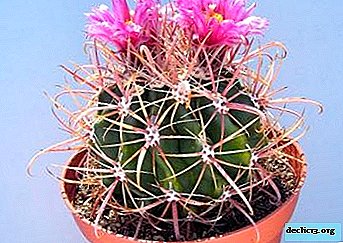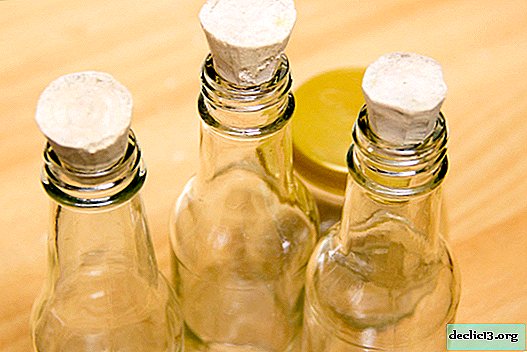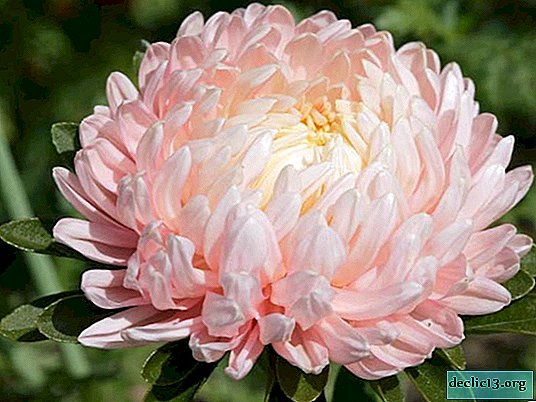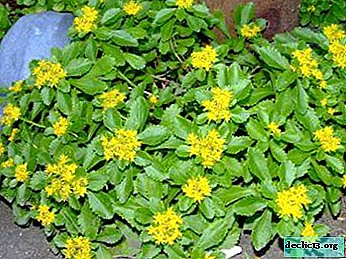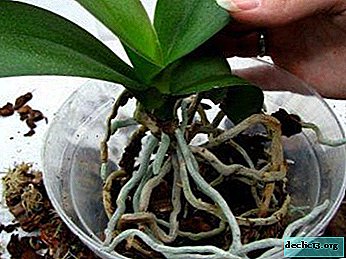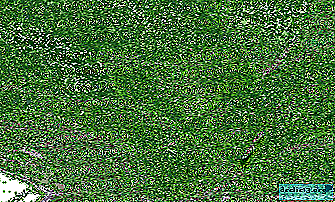Spathiphyllum poisonous for a cat or not? What to do if a pet is poisoned?

How do cats and plants coexist in a house? Fluffy hunters quite often encroach on flowers: either they will gnaw the leaves, or they will overturn the pot.
There are many flowers and herbs that are dangerous for cats. Is it spathiphyllum or not? And what will happen if it catches the mind of a cat chewing it? Answers further.
And also we will tell you what to do if the pet still ate this plant, as well as what to do in order to protect the animal from such troubles.
What is a plant dangerous for pets?
Spathiphyllum, which is very remarkable, has no stems, but consists almost entirely of leaves, lanceolate-oval (read about the organs of the plant here). Glossy leaves and yellow cob flowers surrounded by a white petal are the hallmarks of this plant. What is dangerous about him? The juice containing calcium oxalate is dangerous in it. And that means a furry beast only needs to gnaw the leaves of spathiphyllum in order to poison itself and damage its mouth and stomach.
In more detail about whether spathiphyllum is really poisonous, as well as about the benefits and dangers of plants for humans and animals, we talked about in this article.
Description of the harmful substance
To understand the dangers of a substance, it’s worth starting to understand what it is all about. Calcium oxalate (Ca (COO) 2) is a salt of oxalic acid, it is poorly soluble in water and settles in the renal pelvis (causes urolithiasis).
Reference! Oxalic acid itself is fairly poisonous, therefore, its salts also inherited this trait.What are the consequences if a pet eats leaves?
So, what will happen if a pet gnaws at leaves of spathiphyllum? Firstly, calcium oxalate will cause irritation of the mucous tissues, and once in the stomach, it will cause heartburn in the animal. Secondly, it can cause allergic reactions, accompanied by swelling and inflammation (mainly of the digestive system).
What to do if poisoning occurs?
The answer to this question is obvious. If the cat is poisoned, then you need to urgently contact a veterinarian. But how to understand that this happened (not considering the bitten plant)? The signs of poisoning in an animal are as follows.:
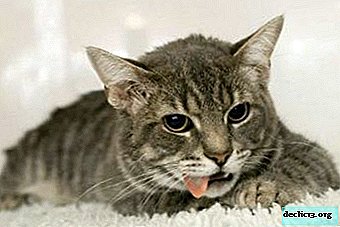 Rapid breathing.
Rapid breathing.- Diarrhea, vomiting.
- Drowsy state, the beast is less active than usual.
- Thirst.
- Takihardiya.
Possible treatment option at home, but still it’s better to show your favorite to a specialist, and not try various folk methods. But first aid is worth it.
First you need to rinse your mouth with a mixture of water and salt (you can mix water with a solution of hydrogen peroxide in equal proportions) to neutralize or reduce the effect of the poison. Water should be warm. A mixture of milk, egg whites and vegetable oil can help neutralize or prevent stomach poison from reaching.
Also an enema should be given or an animal laxative. Quite often, cats are given activated carbon at a dosage of 500 mg per kilogram of weight. After providing assistance, it is imperative to consult a veterinarian, where it is necessary to consult a doctor about the measures taken.
Important! In no case should you induce vomiting. This can make the condition worse!How to protect the animal?
The ideal option is not to have spathiphyllum in the house if there is a cat. But there are other methods to save both the furry pet and the plant.
- Arrange flowers in a place inaccessible to the pet. It can be a balcony (if the climate allows), and they can also be hung on the ceiling or wall, which does not have any objects nearby, so that the cat does not jump on them.
- Spraying the leaves with something very unpleasant smelling (or put a pepper patch next to it) so that the animal does not even have a desire to approach the pot.
- Provide your pet with enough vitamins. He will not bite flowers just like that, and since the beginning, he lacks vitamins. You can fix this by buying small bunches of grass or oats, as well as walking (if this is the case in the summer). You can also purchase vitamins.
Conclusion
Cats are very curious creatures, seeking to try everything by heart. They need careful supervision so that they do not poison and remain healthy. Observe precautions, as well as take care of the health of the cat, then the question of poisoning will not arise.

 Rapid breathing.
Rapid breathing.




